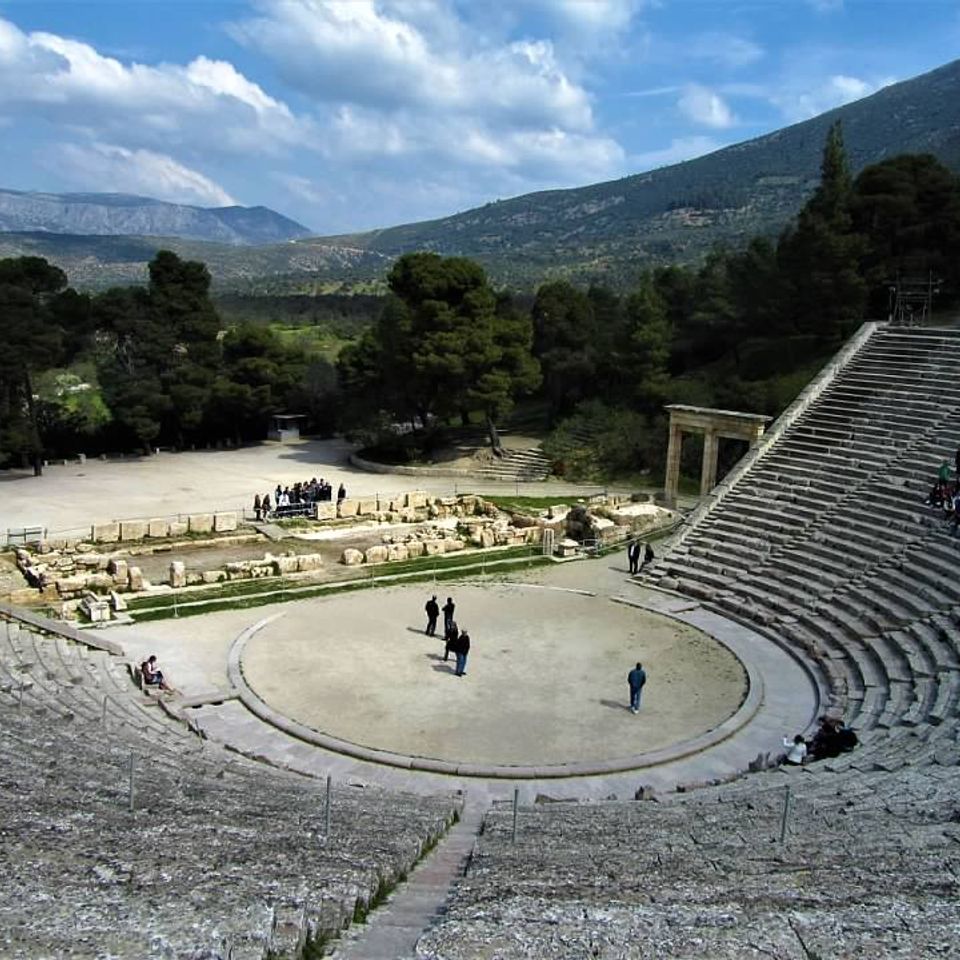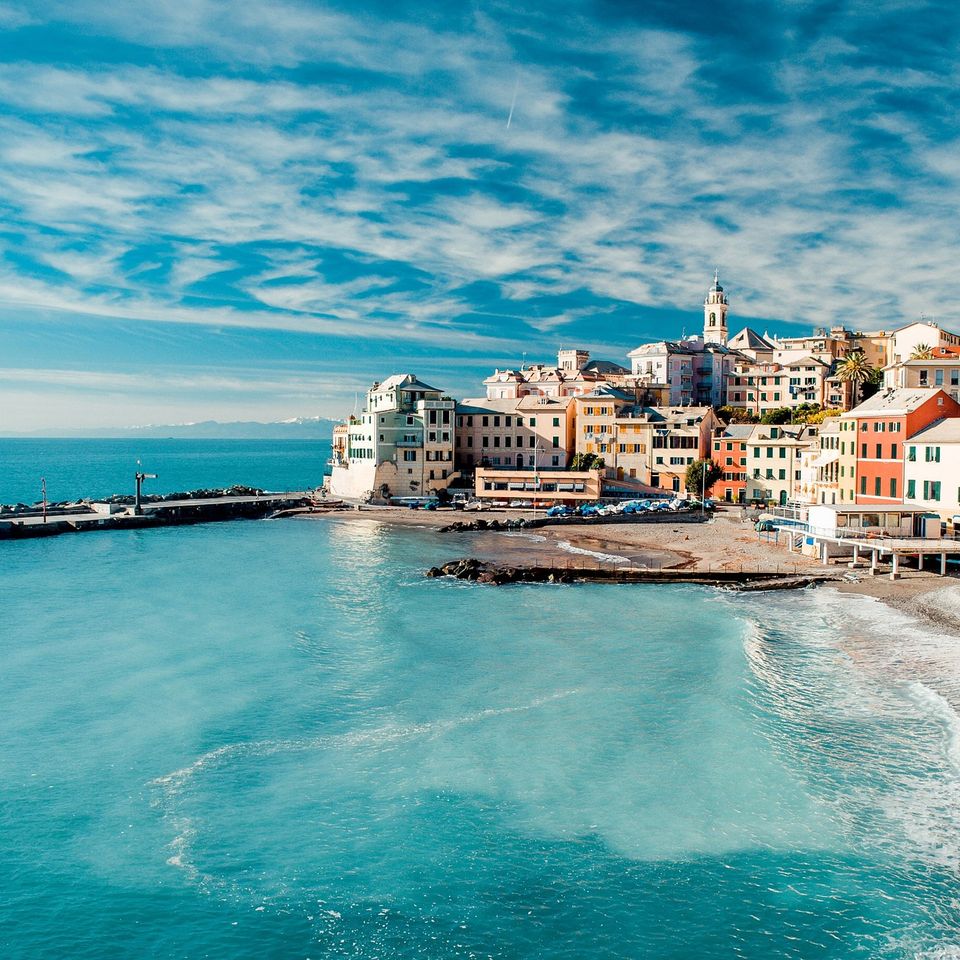Travel to Greece
Greece is a country in southeastern Europe that is known for its stunning landscapes, rich history, and delicious cuisine. Visiting Greece can be a wonderful experience! Here are some tips to help you plan your trip:
Best time to visit: The best time to visit Greece is during the shoulder season, which is from April to early June and from September to October. During these months, the weather is pleasant, the crowds are thinner, and the prices are lower.
Must-see destinations: Athens, the capital of Greece, is a must-visit destination for its ancient ruins and vibrant culture. Other popular destinations include the islands of Santorini, Mykonos, and Crete, as well as the city of Thessaloniki.
Transportation: Greece has a well-developed transportation system that includes buses, ferries, and domestic flights. The best way to get around the islands is by ferry.
Food: Greek cuisine is known for its fresh and healthy ingredients, such as olive oil, vegetables, and seafood. Some must-try dishes include moussaka, gyros, and feta cheese.
Culture and customs: Greeks are known for their hospitality and warm personalities. It's important to respect their customs, such as dress codes for churches and religious sites.
Language: The official language of Greece is Greek, but English is widely spoken in tourist areas.
Currency: The currency in Greece is the Euro.
Safety: Greece is a relatively safe country, but it's always important to take precautions when traveling. Be aware of pickpockets in crowded tourist areas and avoid any political demonstrations.
Accommodation: Greece offers a wide range of accommodation options, including hotels, guesthouses, and vacation rentals.
Activities: In addition to visiting historical sites and enjoying the beaches, there are many other activities to enjoy in Greece, such as hiking in the mountains, sailing around the islands, and enjoying the nightlife in the cities.
Best time to visit: The best time to visit Greece is during the shoulder season, which is from April to early June and from September to October. During these months, the weather is pleasant, the crowds are thinner, and the prices are lower.
Must-see destinations: Athens, the capital of Greece, is a must-visit destination for its ancient ruins and vibrant culture. Other popular destinations include the islands of Santorini, Mykonos, and Crete, as well as the city of Thessaloniki.
Transportation: Greece has a well-developed transportation system that includes buses, ferries, and domestic flights. The best way to get around the islands is by ferry.
Food: Greek cuisine is known for its fresh and healthy ingredients, such as olive oil, vegetables, and seafood. Some must-try dishes include moussaka, gyros, and feta cheese.
Culture and customs: Greeks are known for their hospitality and warm personalities. It's important to respect their customs, such as dress codes for churches and religious sites.
Language: The official language of Greece is Greek, but English is widely spoken in tourist areas.
Currency: The currency in Greece is the Euro.
Safety: Greece is a relatively safe country, but it's always important to take precautions when traveling. Be aware of pickpockets in crowded tourist areas and avoid any political demonstrations.
Accommodation: Greece offers a wide range of accommodation options, including hotels, guesthouses, and vacation rentals.
Activities: In addition to visiting historical sites and enjoying the beaches, there are many other activities to enjoy in Greece, such as hiking in the mountains, sailing around the islands, and enjoying the nightlife in the cities.










